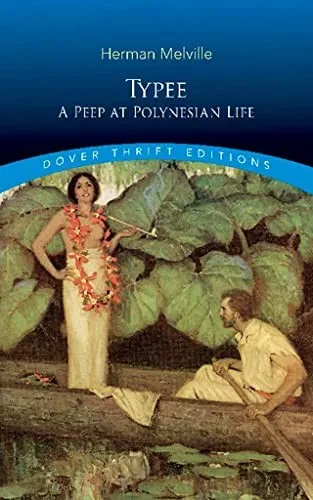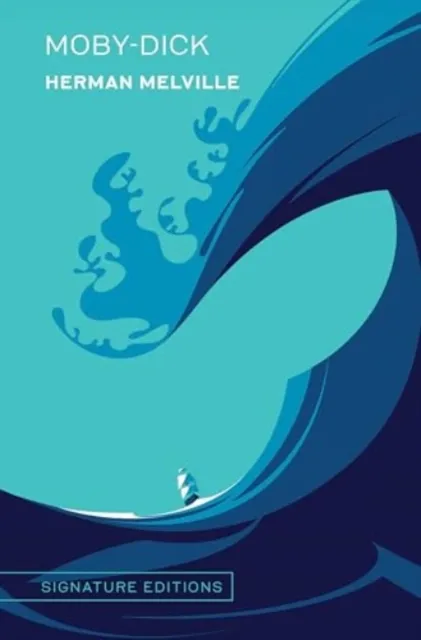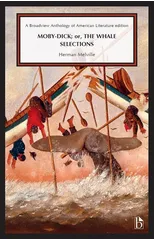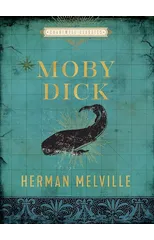Typee
A Peep at Polynesian Life
(Author) Herman MelvilleIn this classic of travel and adventure literature, Herman Melville drew upon his adventures in the South Pacific Marquesas Islands as a prisoner of the Typee people. Like the novel's narrator, Melville jumped ship from a whaling vessel and was held in benign captivity by an indigenous tribe with a reputation for ferocity and cannibalism. His startling and romantic glimpses of native peoples and their customs thrilled Victorian readers, making this the most popular of Melville's books in its day. The study of a culture that both impressed and alarmed the author, this 1846 narrative is also the exciting story of a stranded sailor's attempts to escape from an idyllic but ultimately stultifying existence. Melville's book enjoyed a reputation as a reliable source of firsthand anthropological lore for decades before his use of poetic license came to light. Nevertheless, modern readers appreciate the tale as an intriguing mix of experience and imagination, a combination that enlivened and informed Melville's other works.
Herman Melville
Herman Melville (1819-1891) was an American novelist, poet, and short story writer best known for his novel "Moby-Dick," a complex and symbolic work that explores themes of obsession, fate, and the struggle between good and evil. Melville's writing style is characterized by its rich symbolism, philosophical depth, and exploration of existential themes. His other notable works include "Typee," "Billy Budd," and "Bartleby, the Scrivener." Melville's contributions to literature have had a lasting impact on the development of American literature, particularly in the genre of the novel.










